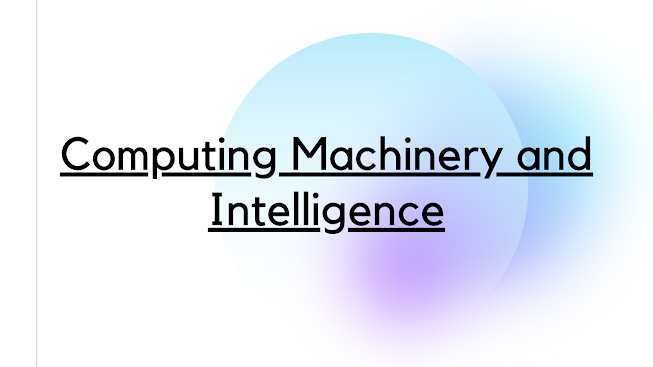Artificial intelligence (AI) has rapidly emerged as one of the most transformative technologies of our time. From self-driving cars to intelligent personal assistants, AI has the potential to revolutionize the way we live, work, and interact with the world around us.
At its core, AI refers to the development of computer systems that can perform tasks that would typically require human intelligence, such as visual perception, speech recognition, decision-making, and language translation. These systems are built on complex algorithms and mathematical models, and they are designed to learn from experience and adapt to new situations over time.
The applications of AI are vast and varied. In healthcare, AI is being used to develop more accurate diagnoses and personalized treatment plans. In finance, AI is being used to analyze vast amounts of data and make better investment decisions. In education, AI is being used to personalize learning experiences for students and identify areas where additional support may be needed.
Perhaps one of the most exciting and transformative applications of AI is in the field of automation. As AI technologies continue to develop and mature, they have the potential to automate many routine and repetitive tasks, freeing up time for workers to focus on more creative and strategic work. This could lead to significant gains in productivity and efficiency across a wide range of industries.
Despite the potential benefits of AI, there are also significant challenges and concerns that need to be addressed. For example, there are concerns about the impact of AI on jobs and the labor market, as well as concerns about the ethical implications of using AI in decision-making processes.
To address these challenges and concerns, it is important for policymakers, industry leaders, and researchers to work together to develop responsible and ethical approaches to the development and deployment of AI technologies. This may include developing new regulatory frameworks, investing in research and development, and ensuring that AI technologies are developed in a transparent and accountable manner.
Overall, the promise and potential of AI are immense, and it is likely that we will continue to see significant advancements in this field in the years to come. By working together to address the challenges and concerns associated with AI, we can ensure that these technologies are used in ways that benefit society as a whole.














